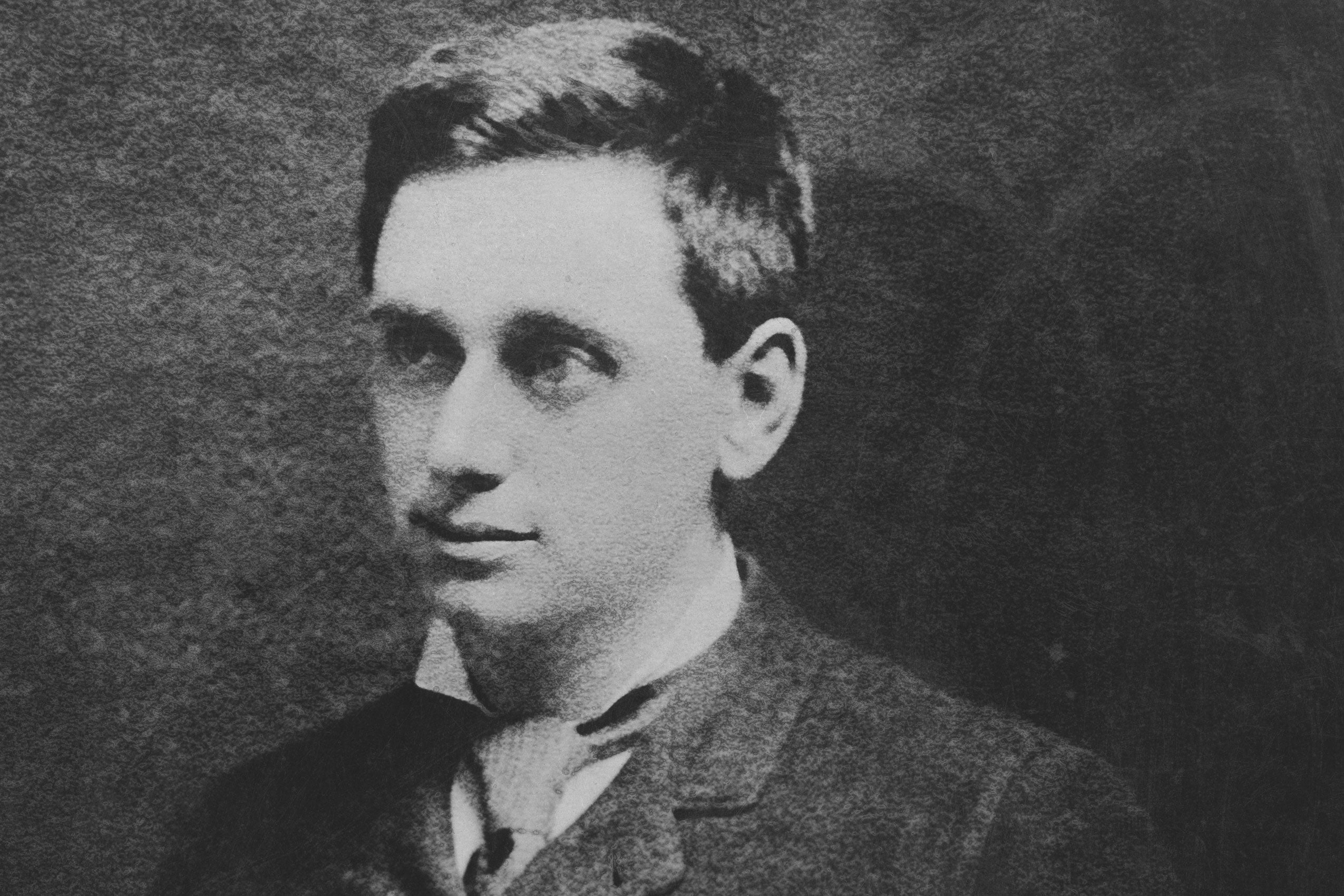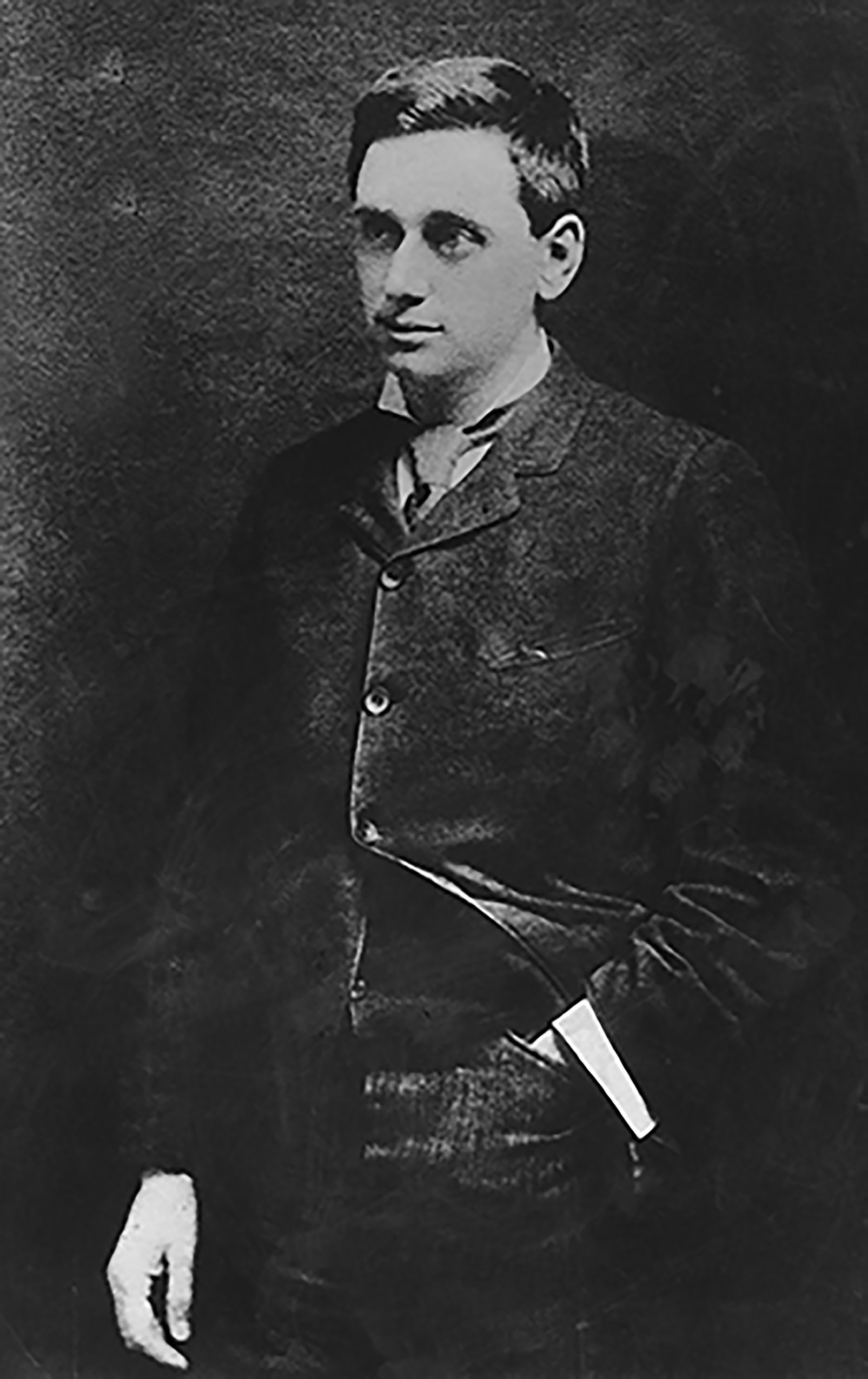
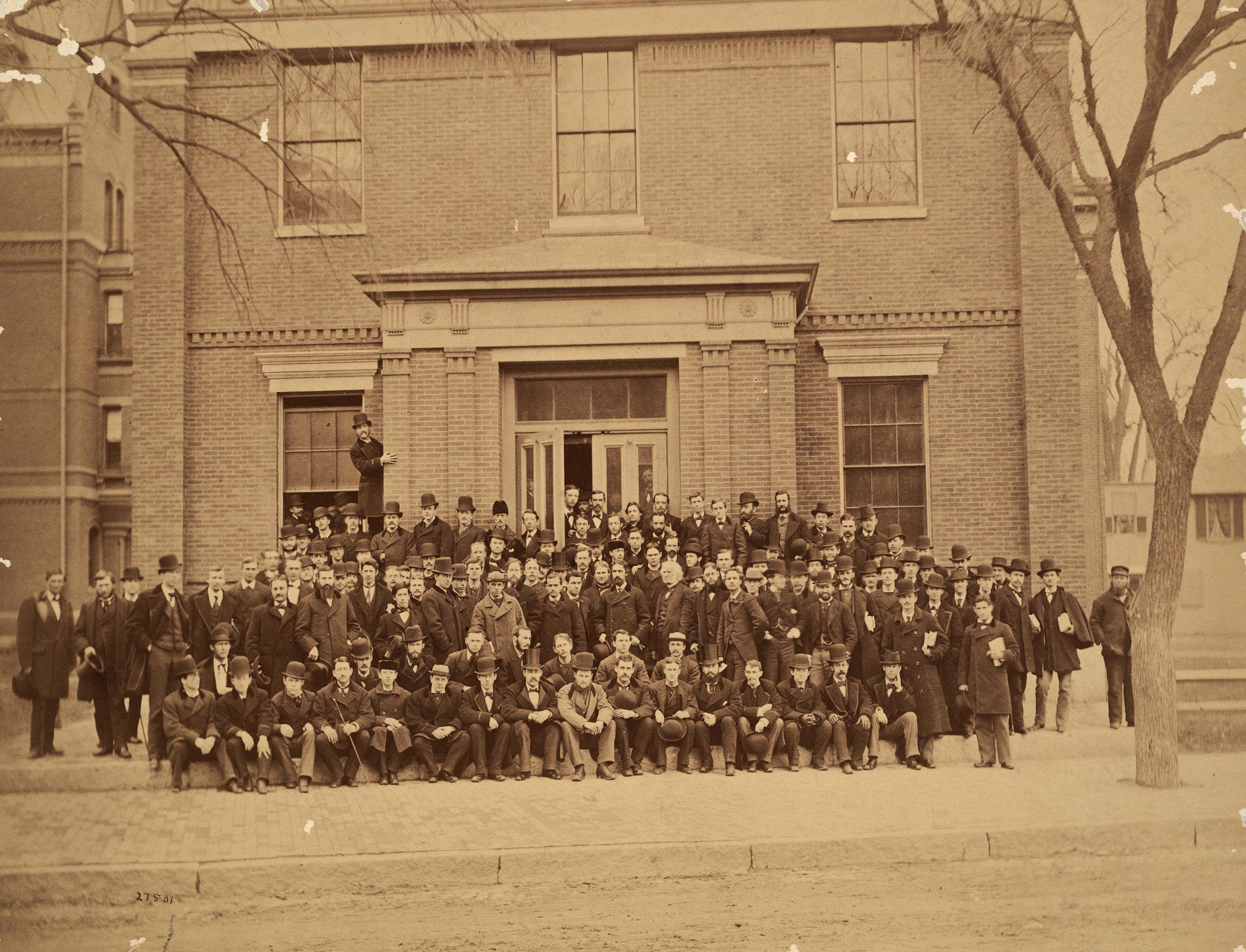
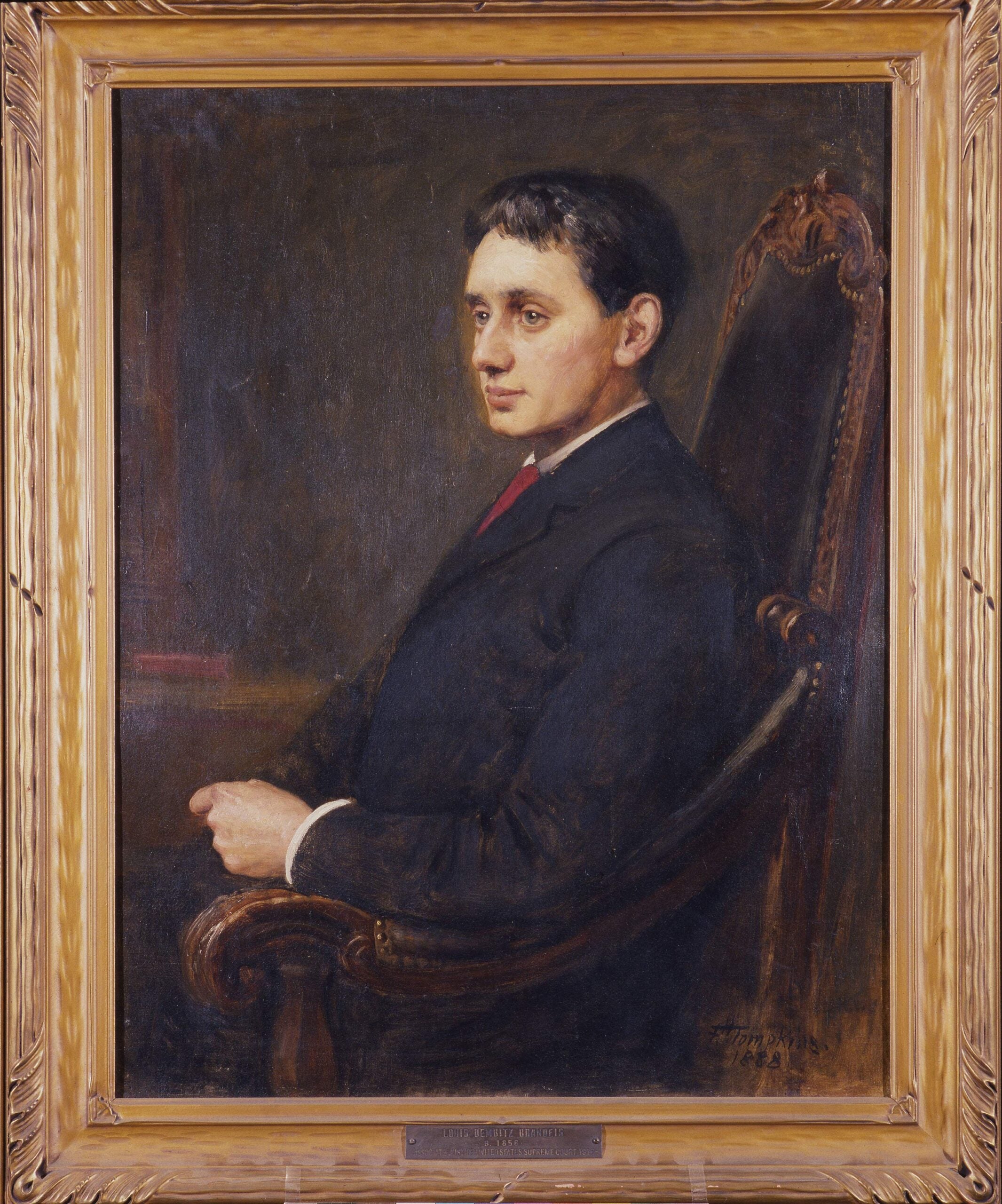
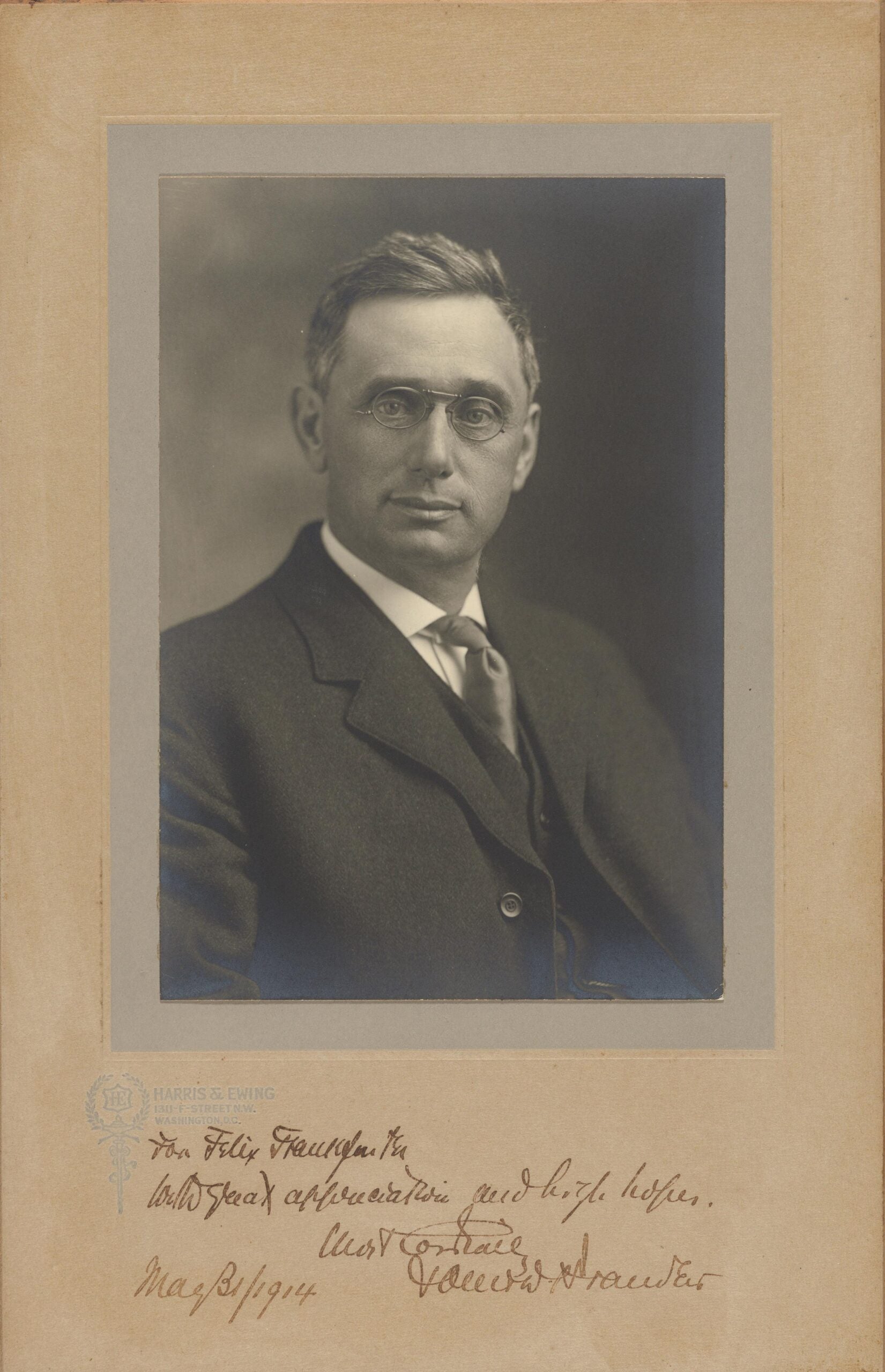
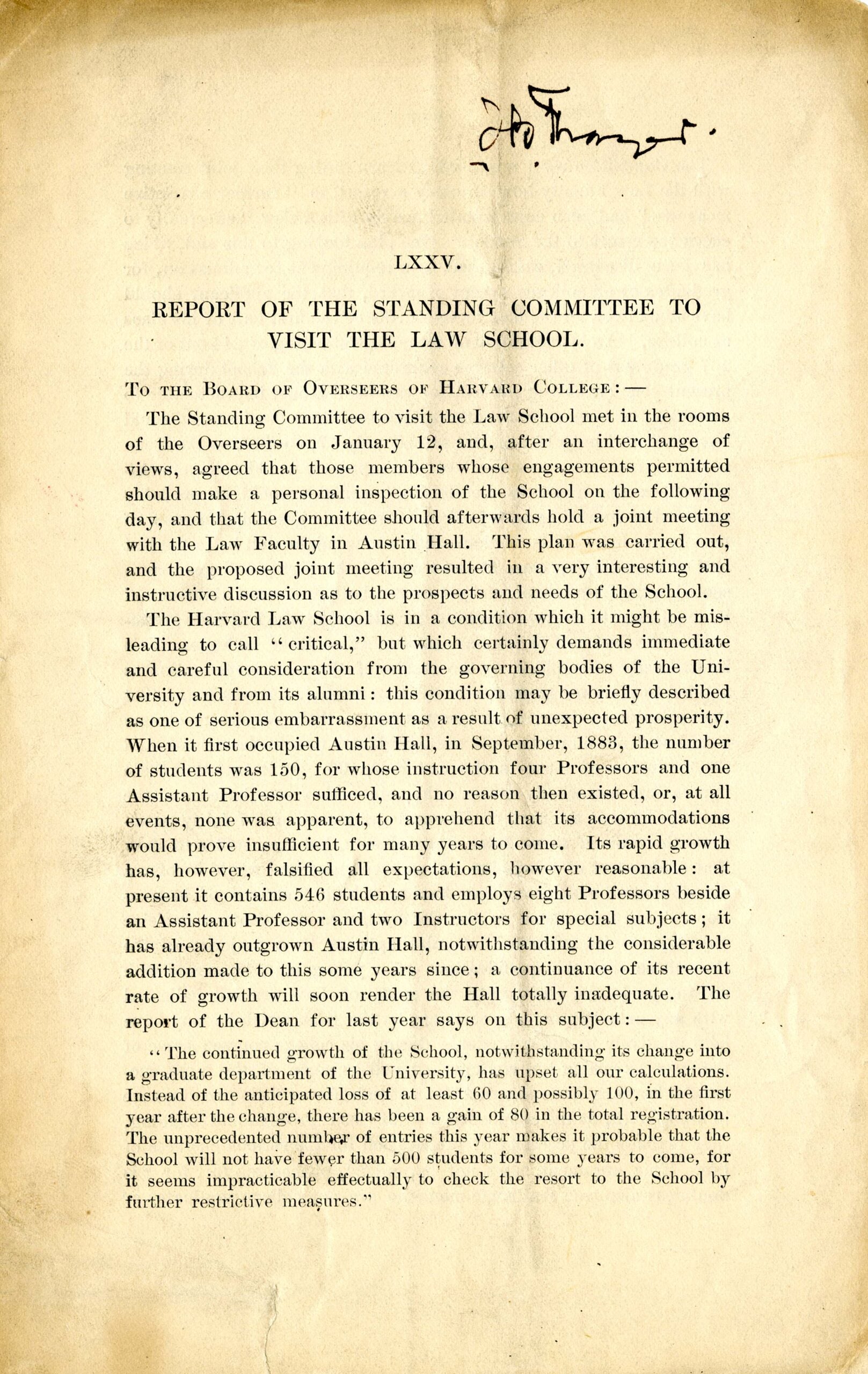
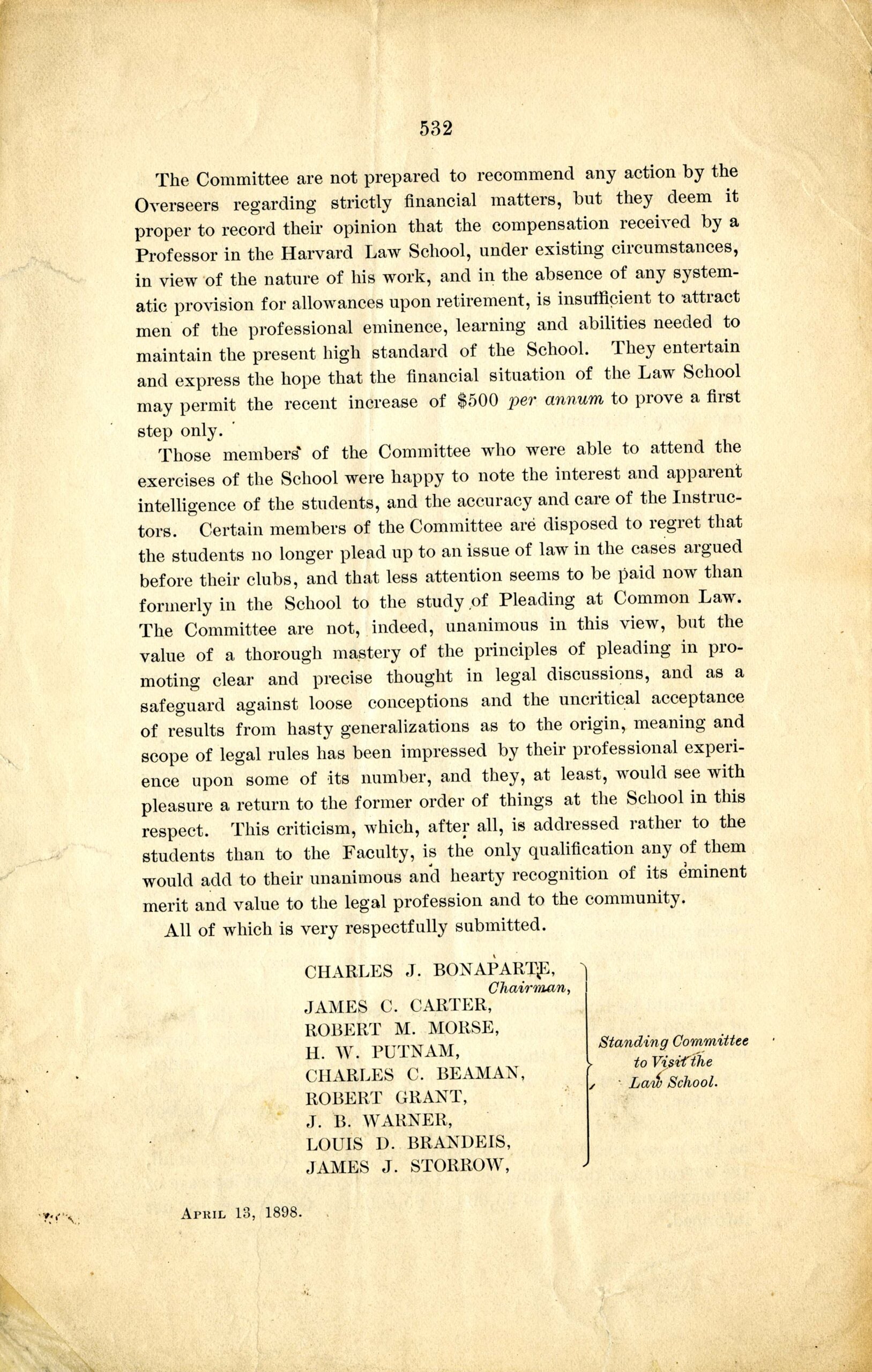
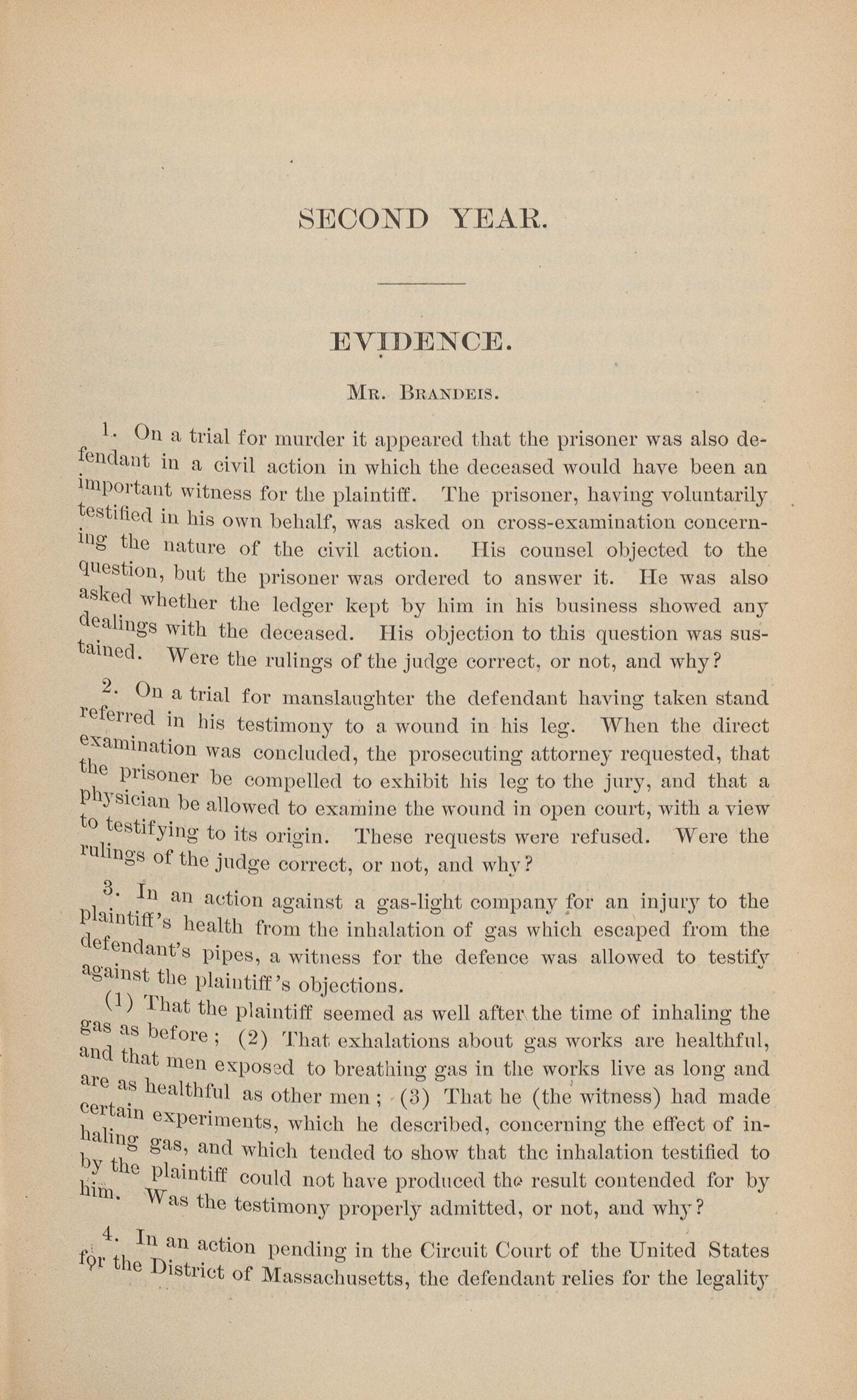
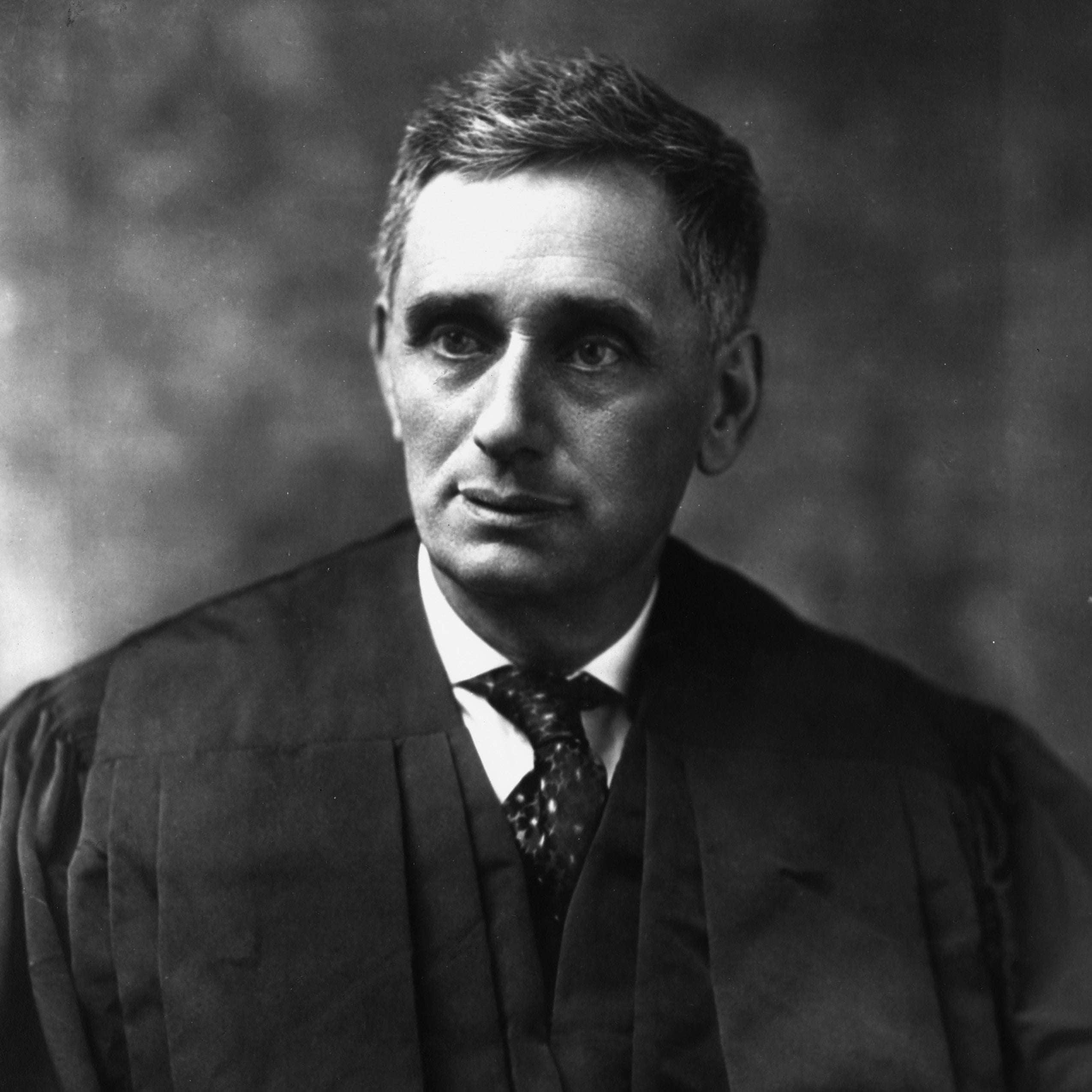
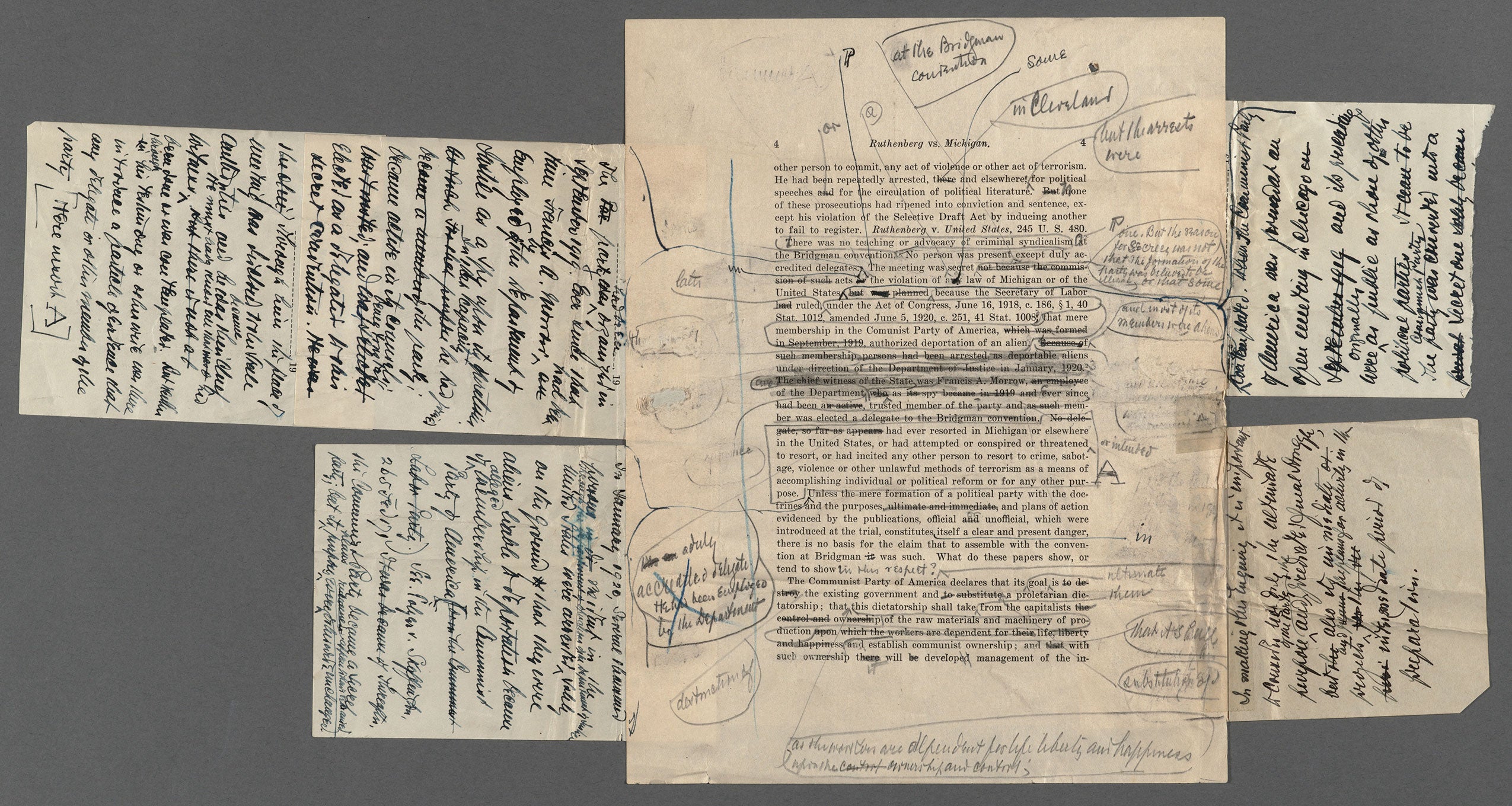
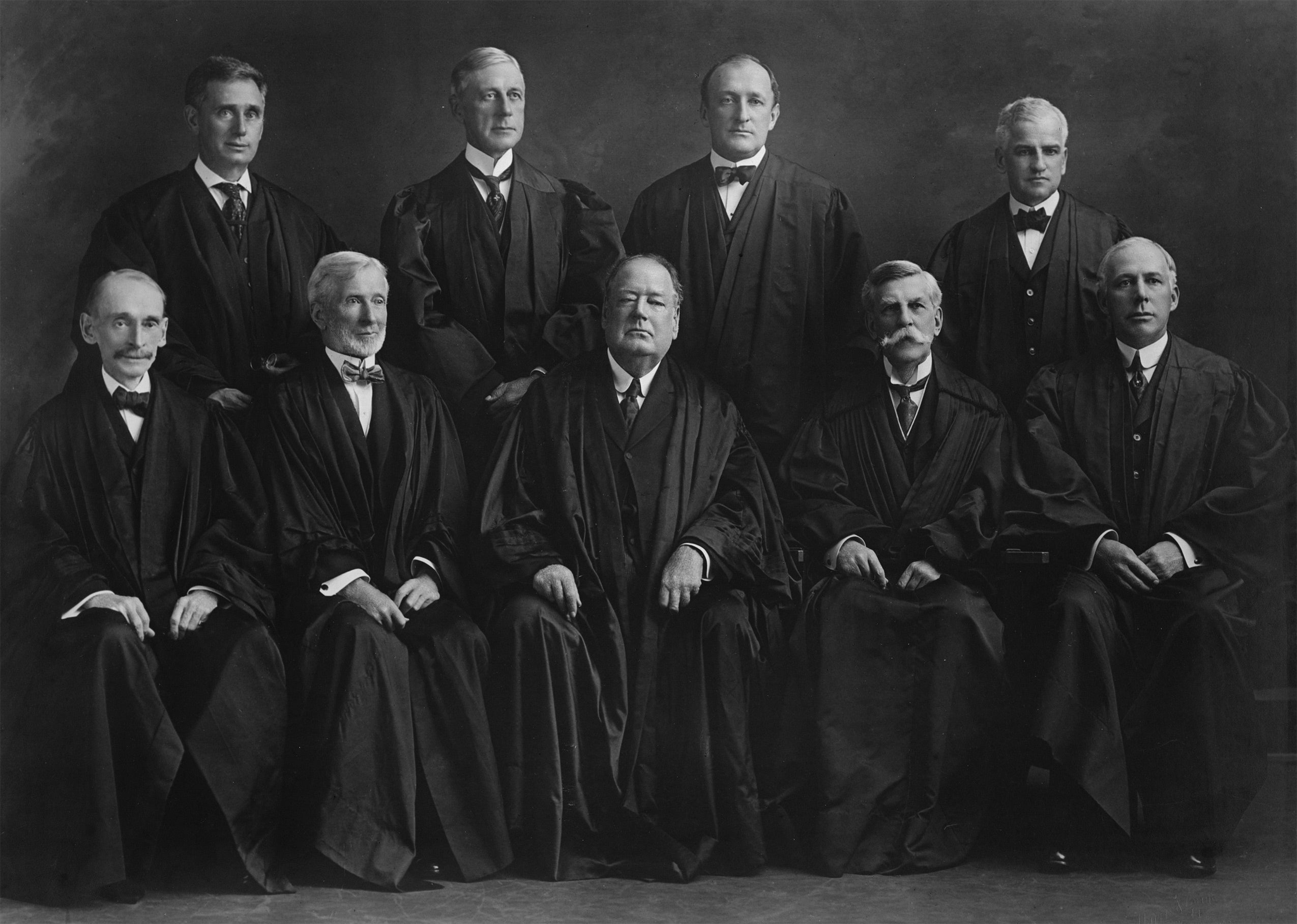

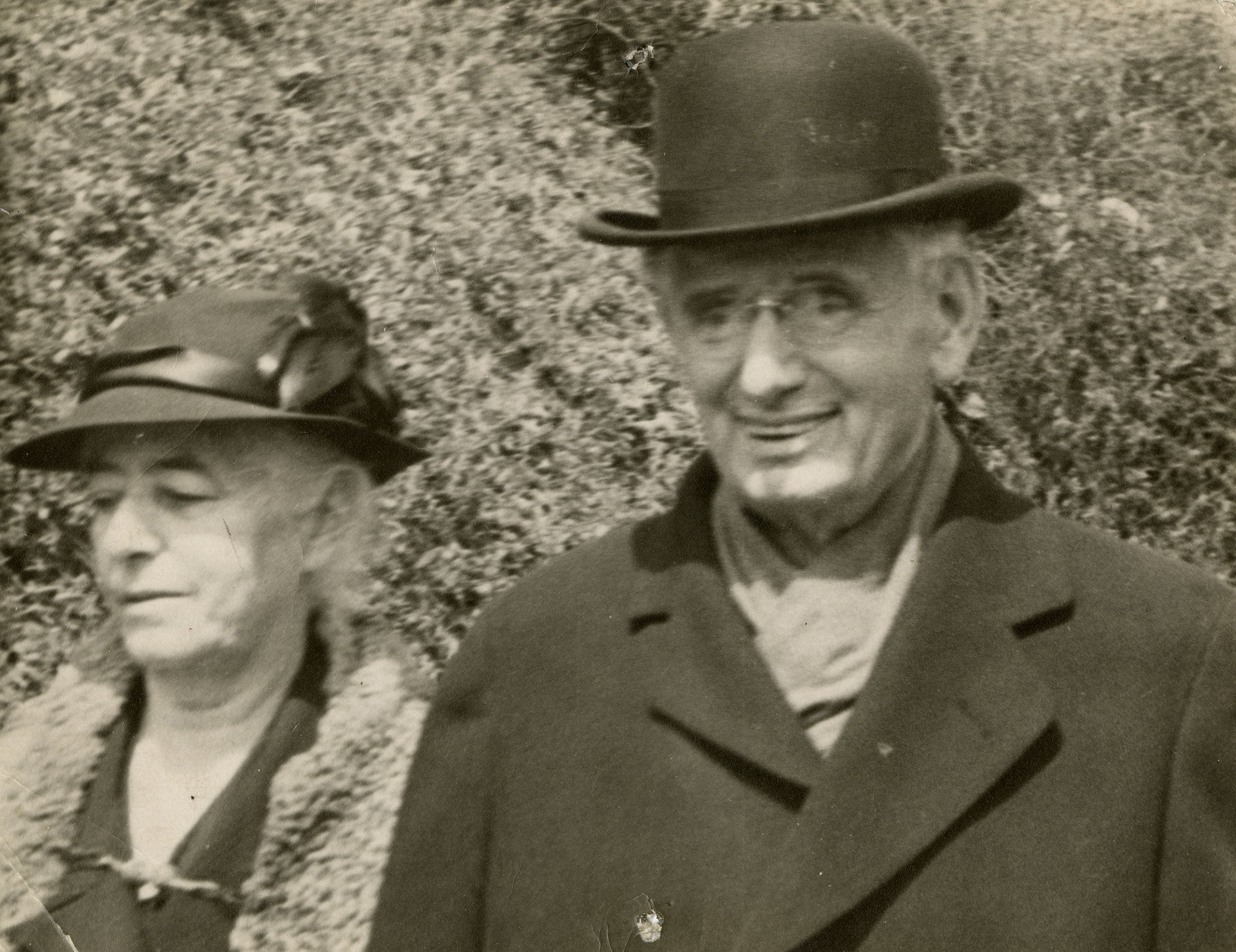
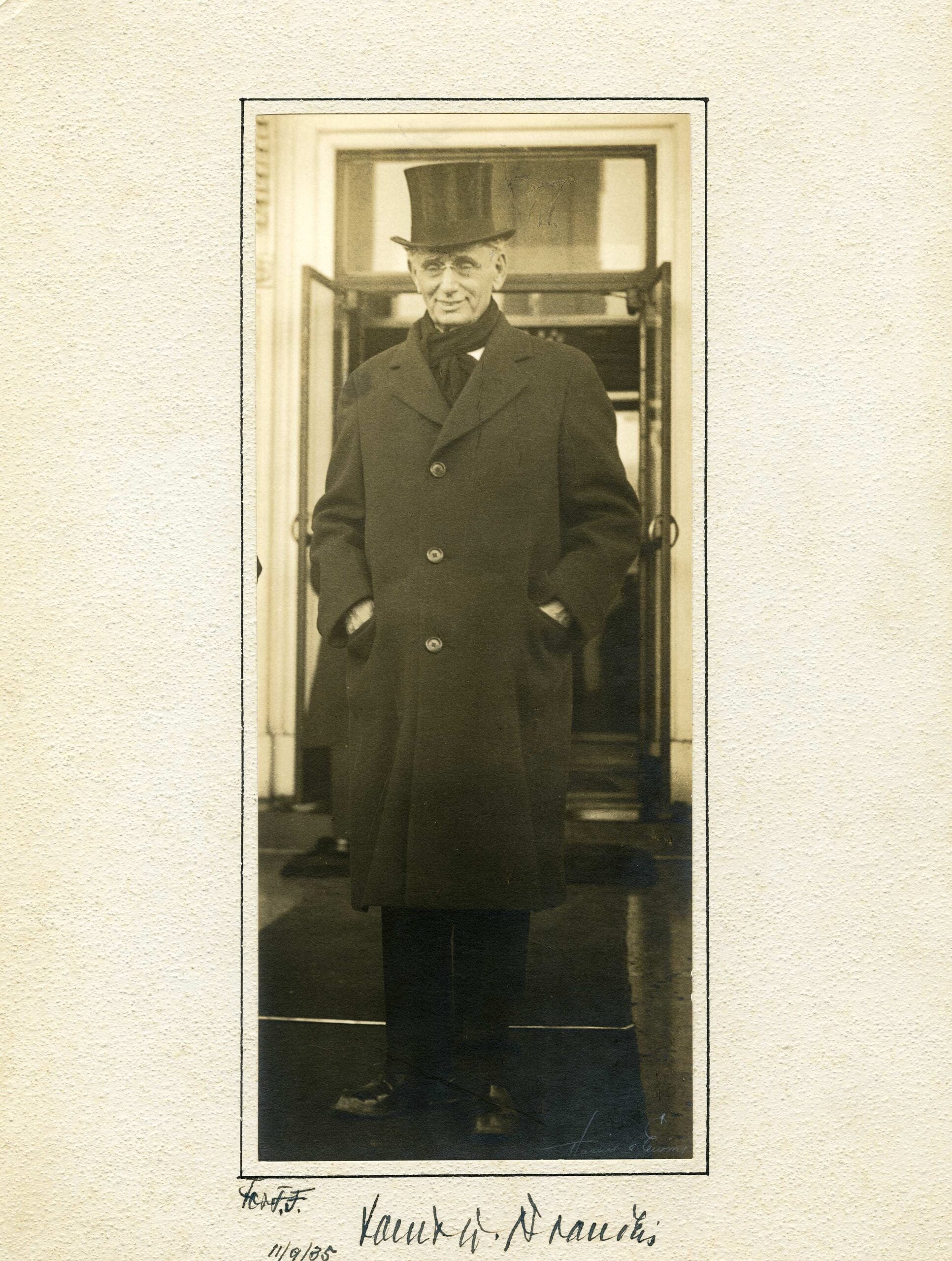
One hundred years ago, Louis D. Brandeis was nominated to serve on the United States Supreme Court. Brandeis, who entered Harvard Law School in September 1875–just shy of his nineteenth birthday–had a long history with the school, maintaining a close relationship even after his graduation. He was a key player in both the creation of the Harvard Law School Association and the Harvard Law Review, a member of the Visiting Committee, and an adviser on the school’s management and curriculum, regularly corresponding with deans and faculty members to offer suggestions. While on the Court, Brandeis further cultivated this close relationship by allowing Professor Felix Frankfurter to choose all twenty-one of his clerks from among the school’s alumni.
To celebrate the centenary of his nomination, the Harvard Law Library is hosting a new exhibit celebrating Brandeis’ significant and lasting relationship with HLS (see selections above). Earlier this month, noted Brandeis scholars and historians–including Harvard Law Professors Tomiko Brown-Nagin, Mark Tushnet, and Dean Martha Minow–commemorated the event with a panel discussion on his life, work, and legacy (see video below).
***
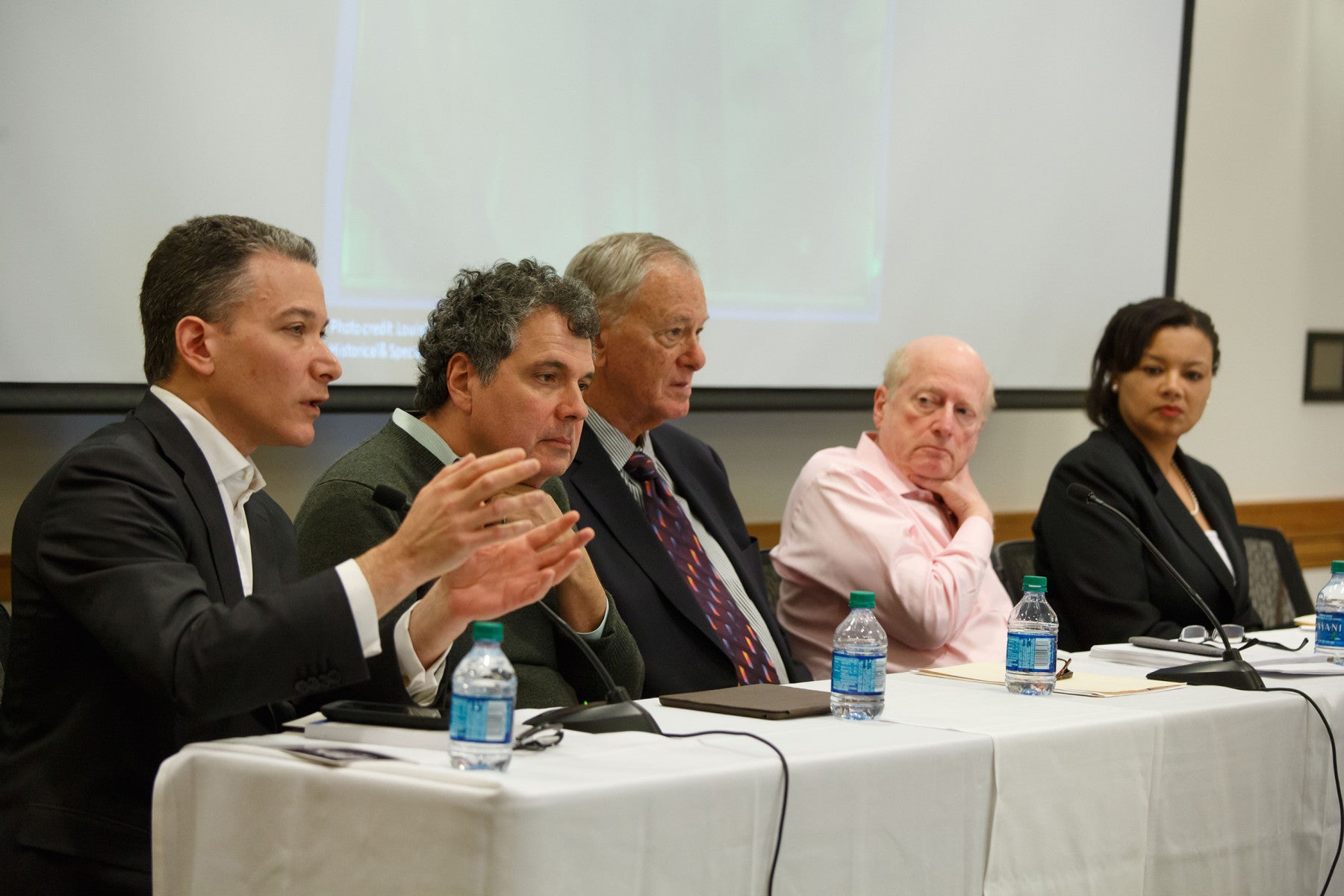
A celebration of the life, work and legacy of Justice Louis D. Brandeis
On March 23, Harvard Law School hosted a panel discussion, “Justice Louis D. Brandeis: Celebrating the 100th Anniversary of his Confirmation to the U.S. Supreme Court,” that featured three scholars of the work and life of Brandeis: Melvin Urofsky, professor emeritus at Virginia Commonwealth University and the author of “Louis D. Brandeis: A Life,” Clyde Spillenger, legal historian and professor at UCLA Law School, and Jeffrey Rosen, president and CEO of the National Constitution Center and author of a forthcoming book on Brandeis. Professor Tomiko Brown-Nagin and Professor Mark Tushnet moderated the discussion.
The event commemorated the 100th anniversary of Brandeis’ nomination to the Supreme Court. In her opening remarks, Dean Martha Minow noted that Brandeis faced a “difficult, contentious and at times insulting confirmation process.” Prior to his appointment on the Court, Minow said, Brandeis was the go-to lawyer on issues ranging from privacy to health and safety. “His articulation of the right of privacy in the face of encroaching new technologies resonates today, as does his advocacy on behalf of working women’s health and his search for safe and decent treatment of the poor.”
***
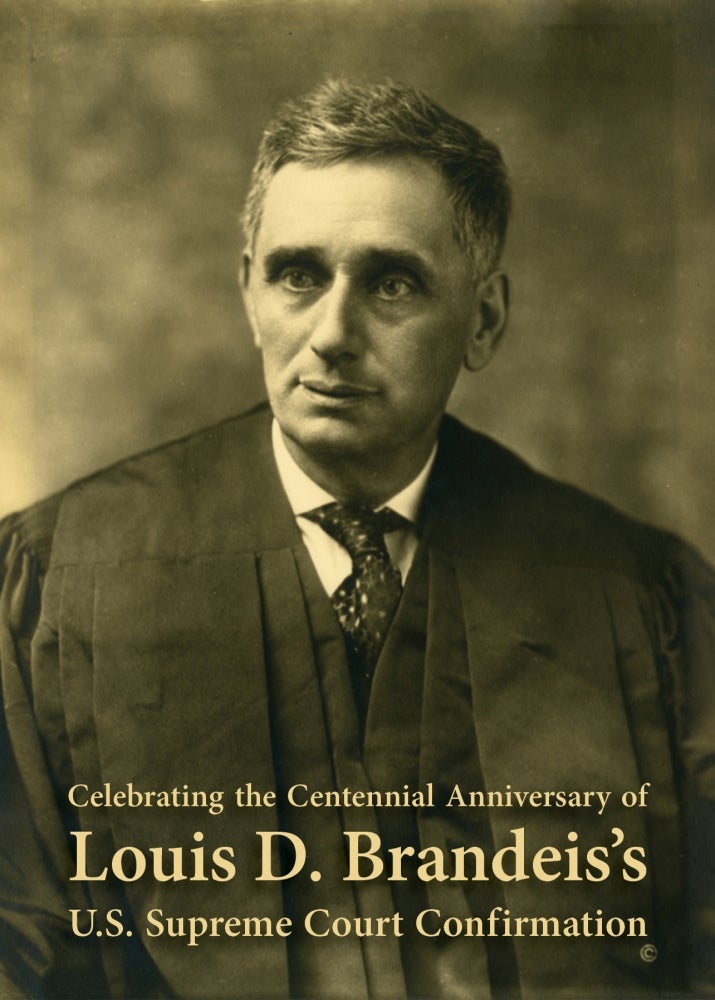
New exhibit in honor of the 100th anniversary of Louis D. Brandeis’ confirmation to the U.S. Supreme Court
In honor of the centennial anniversary of Brandeis’ confirmation to the United States Supreme Court, the Harvard Law Library hosted a new exhibit celebrating Brandeis’ significant and lasting relationship with HLS.
Divided into three sections, the exhibit looked at Brandeis’ evolving relationship with the Law School from his student days to his time as a devoted alumnus working to improve the school, and finally while he was a Supreme Court justice employing and mentoring HLS graduates.
The exhibit was on display in March and will be redisplayed in the Areeda Hall entrance area in June to mark the anniversary of Brandeis’ confirmation by the Senate and subsequent oath of office.
(The images and text for the above slideshow were based on the exhibit curated by Lesley Schoenfeld, Public Services and Visual Collections Coordinator at the Harvard Law School Library.)
